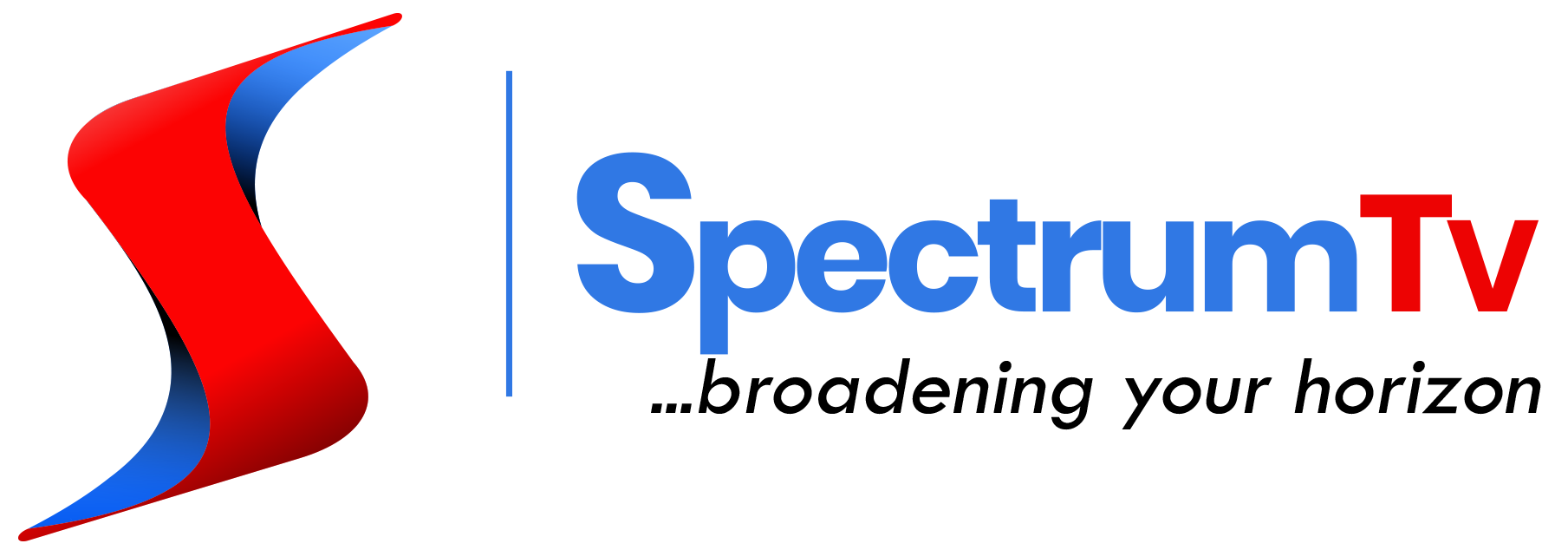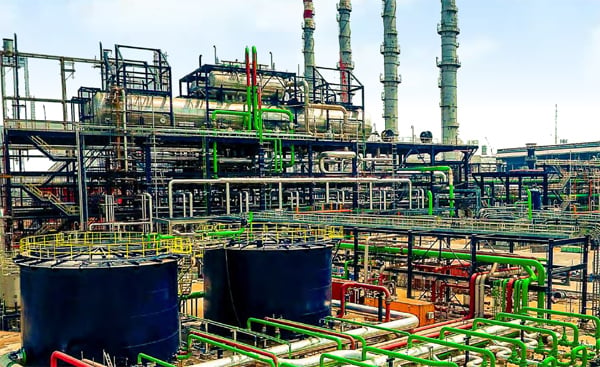Nigerian crude traded at a premium, above $80 a barrel, despite moderation in China’s inflation rate and an opaque situation surrounding the country’s economic stimulus plans, which have triggered concerns about energy demand in the world’s biggest crude oil importer.
Nigeria’s Brass River, Bonny Light, and Qua Iboe last traded at $81 per barrel at the time of publication, much higher than the current Brent contract, as oil traders consider China’s weak economic data.
The oil market’s upside is restrained by concerns that a slowing Chinese economy may reduce demand, as well as growing optimism that the U.S. Federal Reserve might start lowering its benchmark interest rate as early as September.
Official statistics released on Saturday showed that China’s deflationary pressures worsened in September, and a press conference on the same day left investors wondering how substantial a stimulus plan would need to be to turn things around in the world’s second-largest economy.
Although the U.S. has warned Israel against attacking Iranian energy infrastructure, negative news from China has overshadowed market worries about the persistent threat that an Israeli response to Iran’s Oct. 1 missile launch could hamper oil supply.
According to China’s National Bureau of Statistics, the production price index dropped 2.8% year-over-year, marking the sharpest decline in six months, while the consumer price index fell short of forecasts.
U.S. West Texas Intermediate crude futures dropped by over 100 basis points to $74.56 per barrel at the start of Monday’s trading session in London, while Brent crude futures fell $1 to $78 per barrel.
Both major oil benchmarks lost all their gains from the previous week, dropping more than 1.5% per barrel before recovering some ground. Last week, WTI rose $1.18, and Brent gained 99 cents.
According to the federal government, the ongoing Floating Production Storage and Offloading (FPSO) facility in Lagos is expected to produce an additional 40,000 barrels per day, increasing the nation’s existing output.
The Nigerian National Petroleum Company Limited (NNPC) and Century Nigeria Limited have partnered with Enserv and WAEP, an engineering, procurement, and construction (EPC) firm, to undertake the project as a joint venture (JV).
Speaking at a project inspection in Lagos, Senator Heineken Lokpobiri, Minister of State for Petroleum Resources (Oil), praised the initial progress of the work.
The minister expressed satisfaction with the advancements made, highlighting the facility’s potential to boost Nigeria’s crude oil production by an additional 40,000 barrels per day, according to his spokesman, Nneamaka Okafor.
Under President Bola Tinubu’s directive for greater output, the minister stated that the FPSO project was one of the initiatives resulting from his engagement with NNPC Limited.


